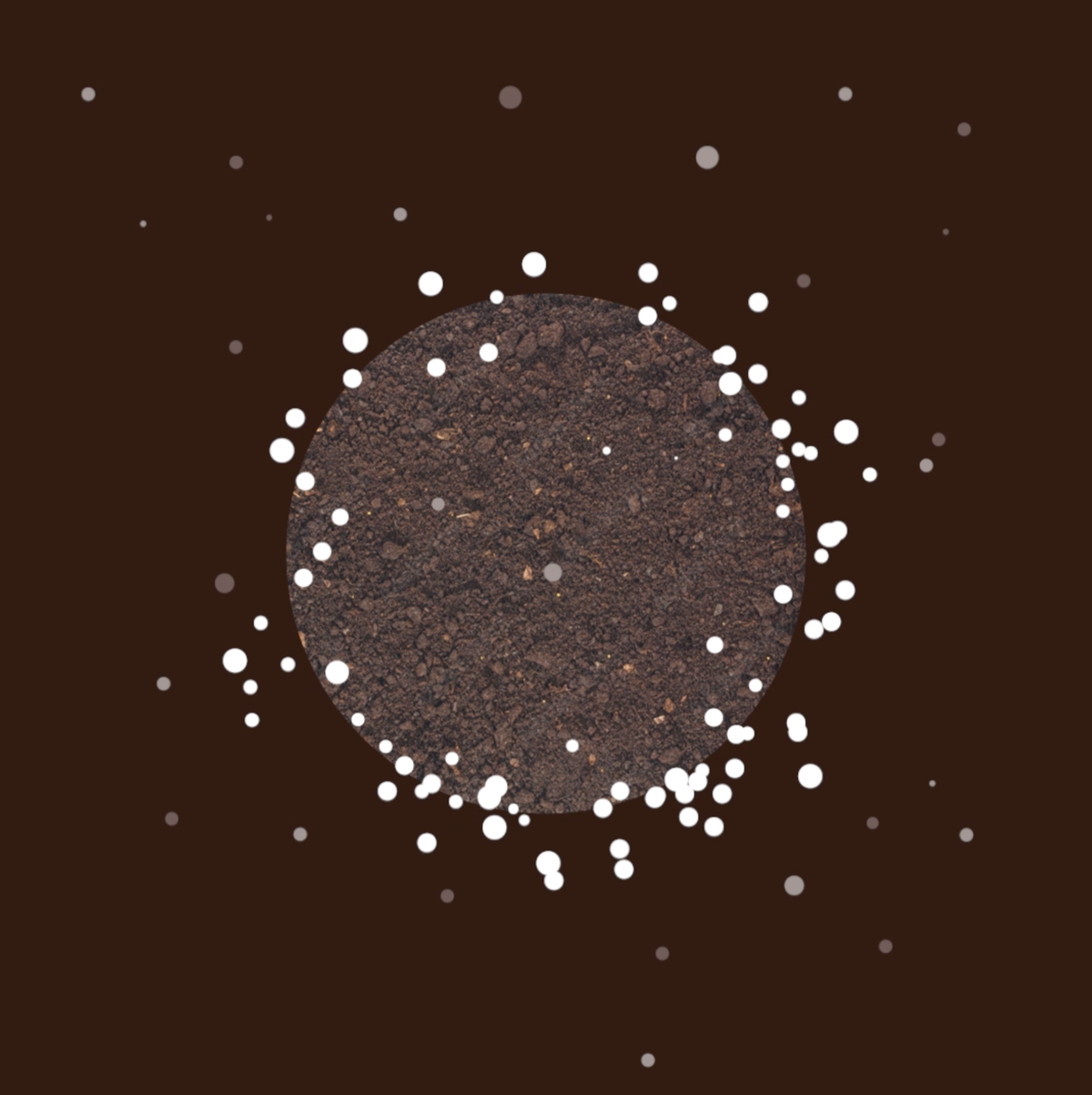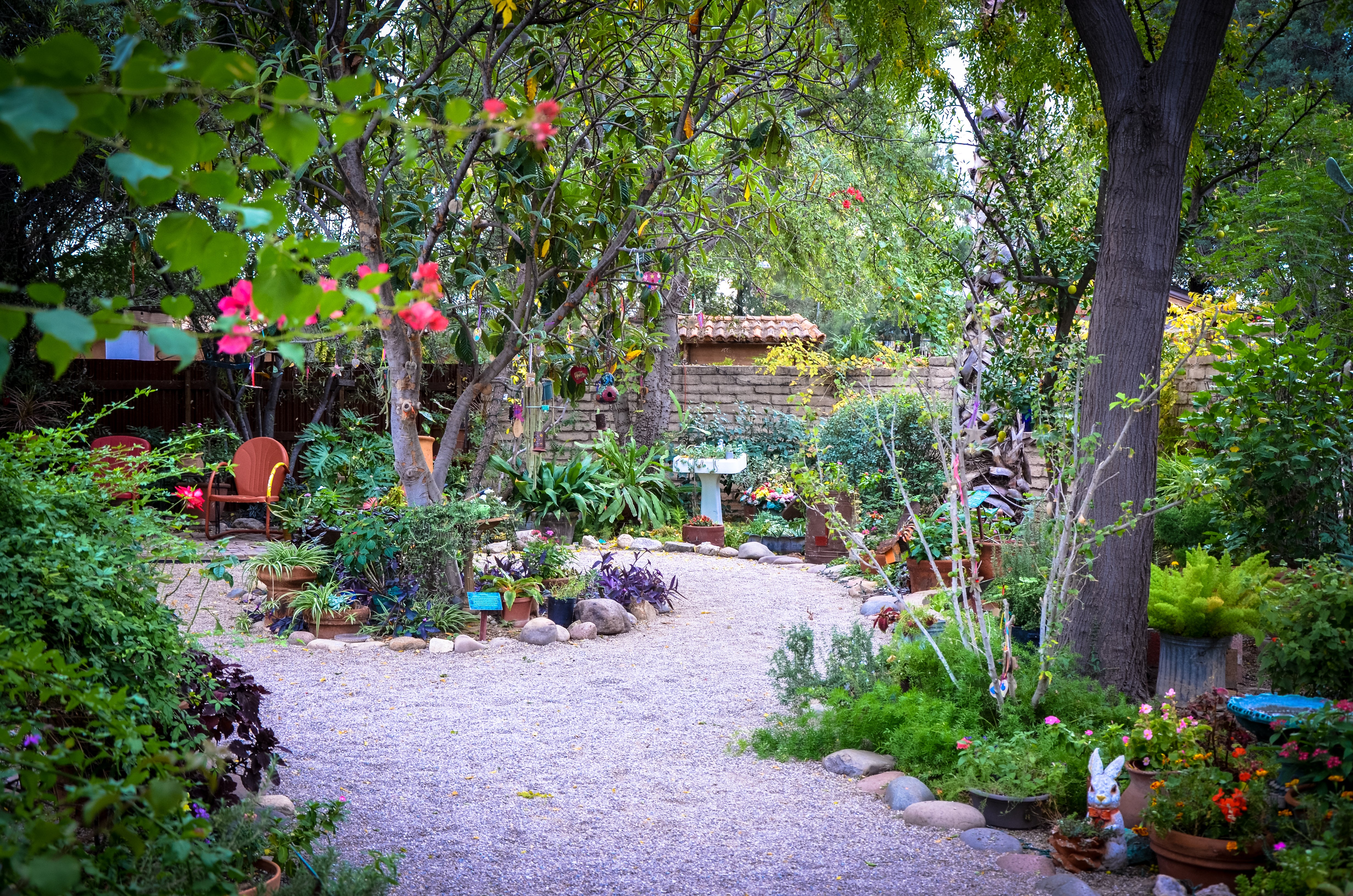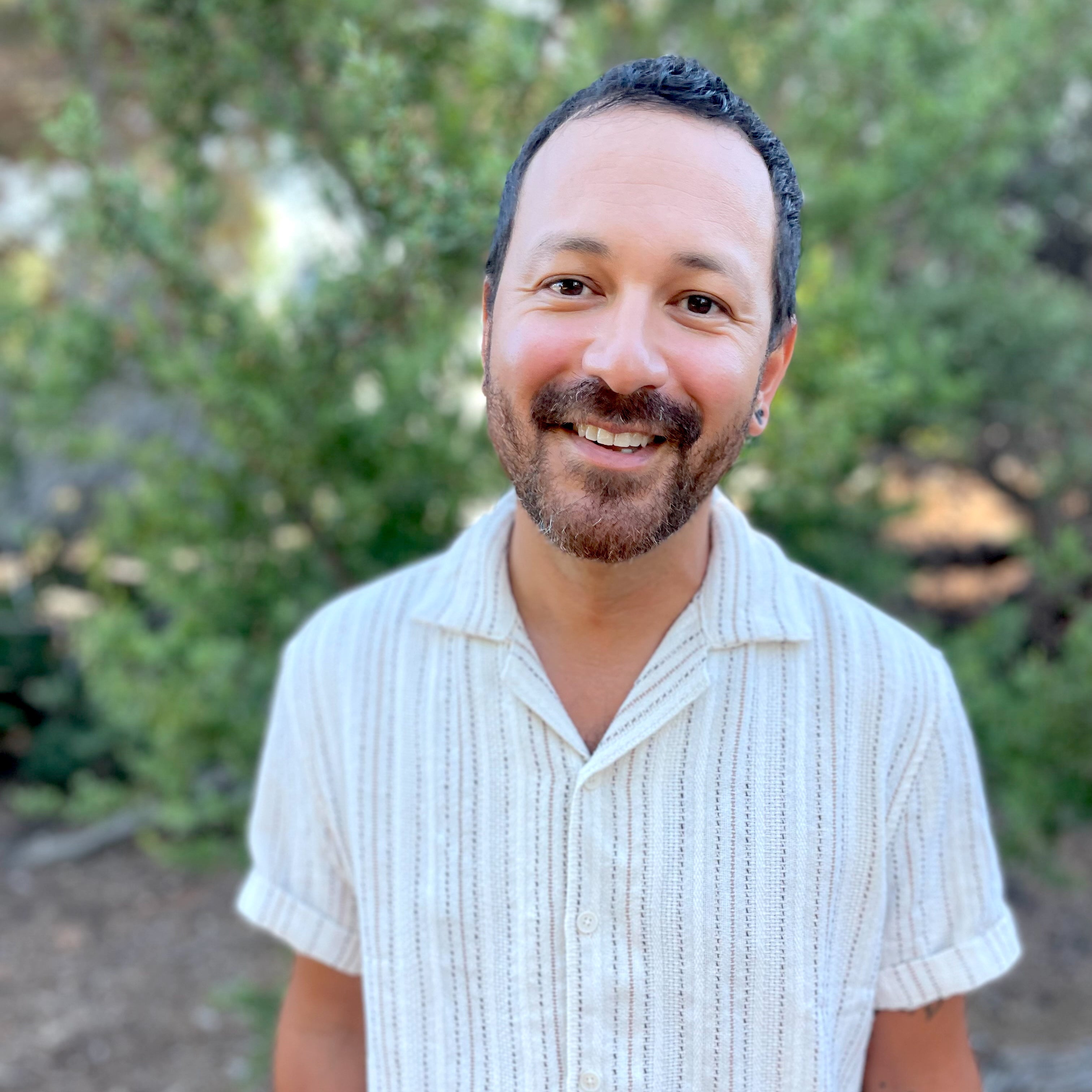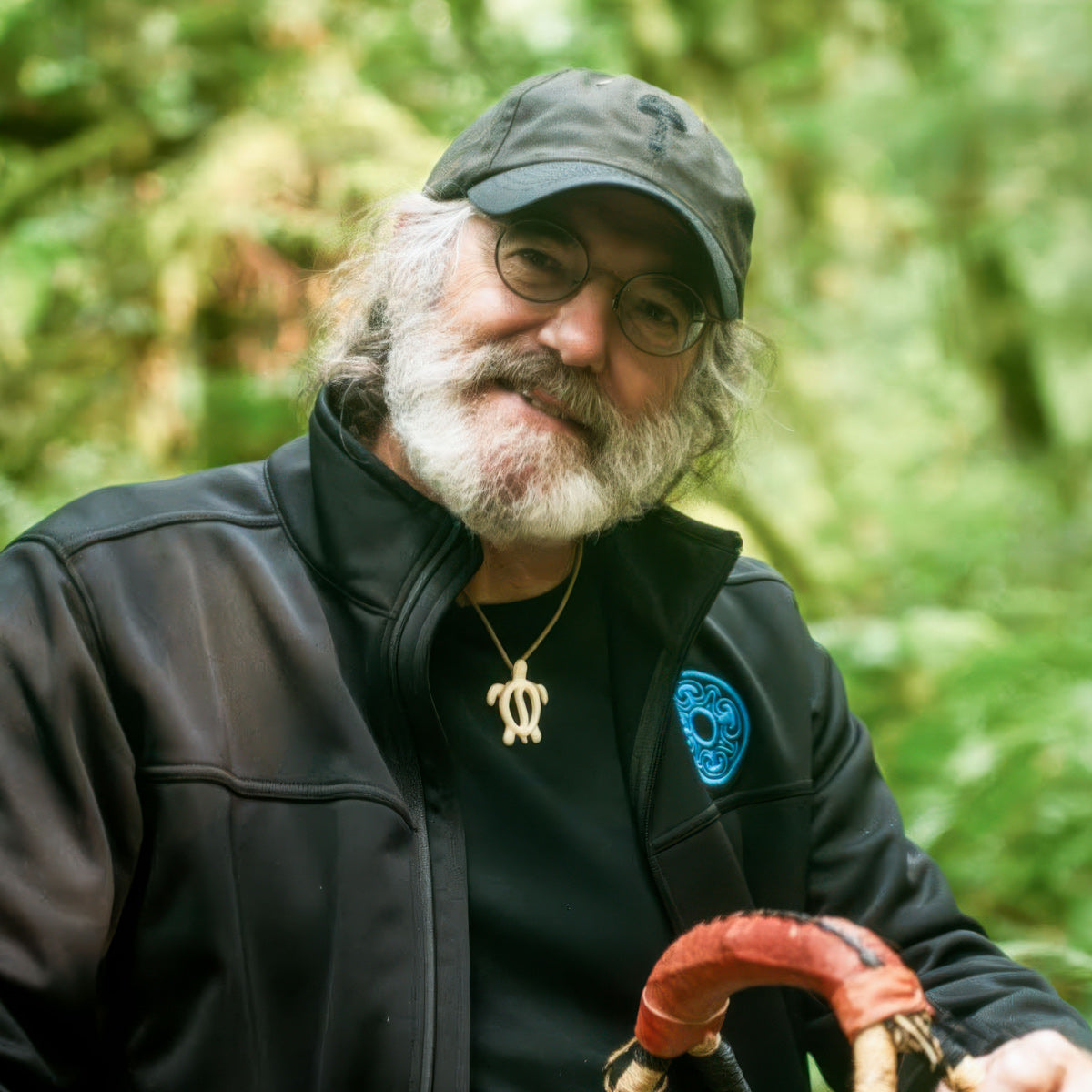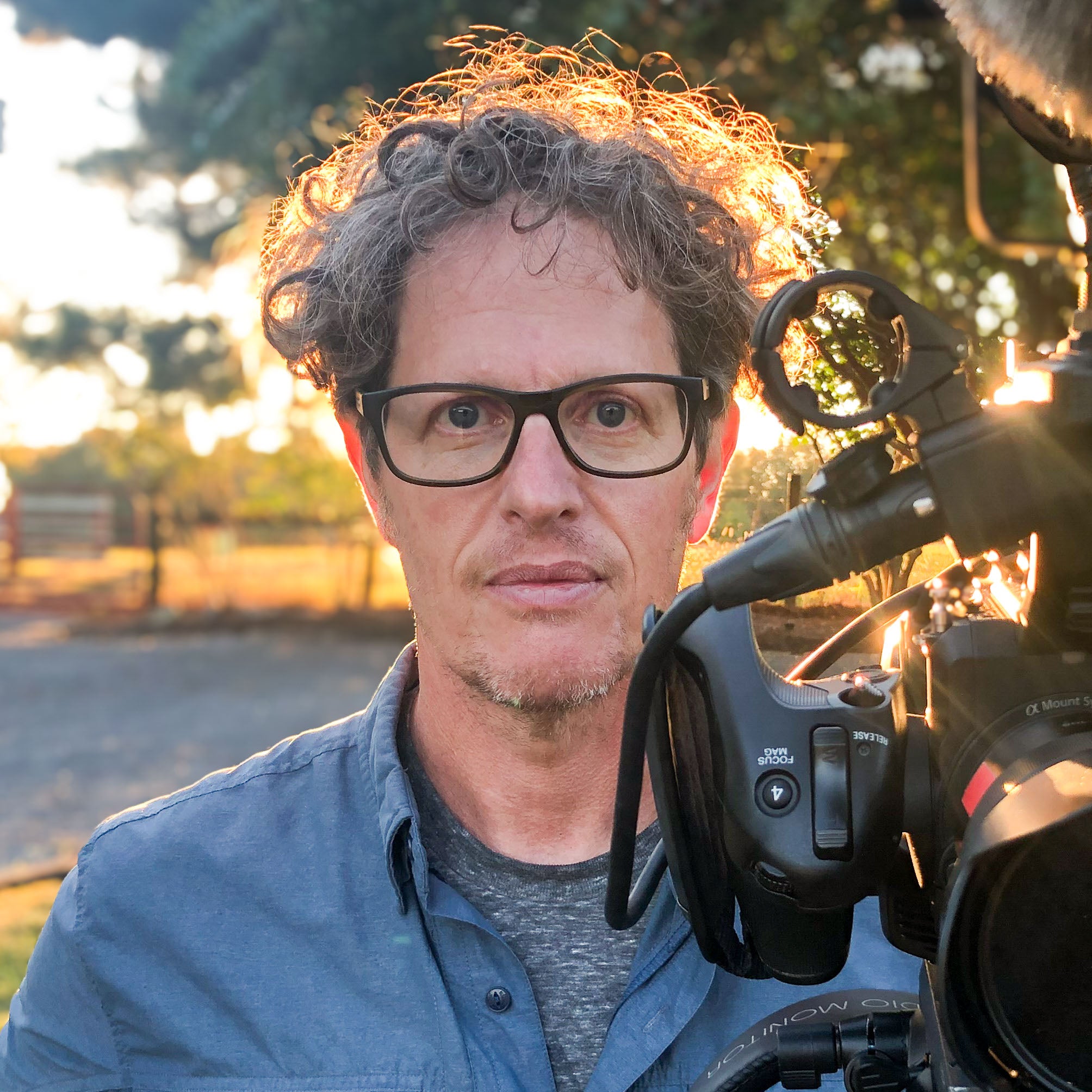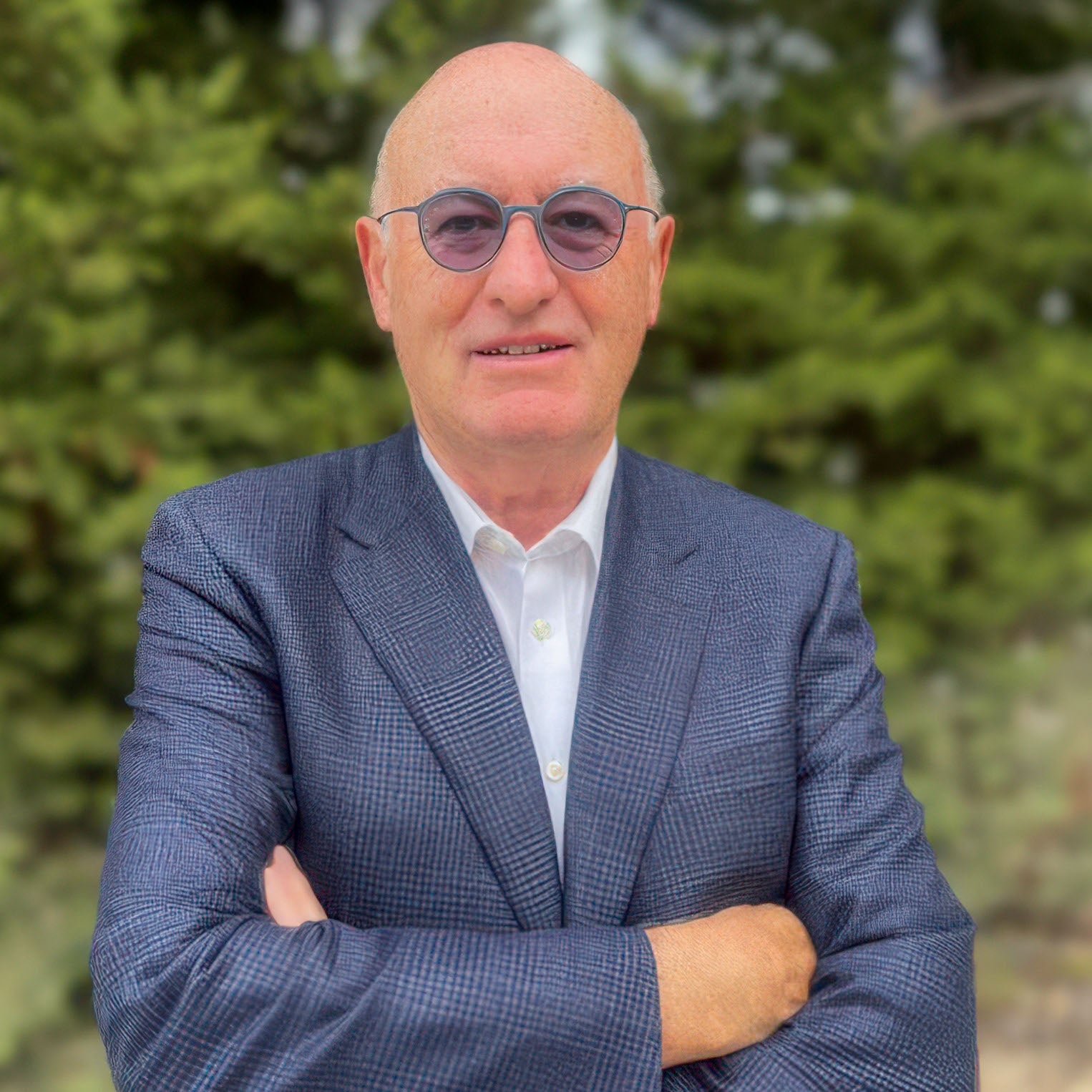Proven by performance.
We have more than 20 years of data from over 220 pilot studies, demonstrating broad efficacy across diverse soil and plant ecosystems.
Reduced Soil Bulk Density
Average of 3 Studies
-16%
Soil Organic Carbon
Average of 5 Studies
+51%
Cornell University
Dole Asia
Dole Food Co
Catalina Foothills School District
Central State University Ohio
City of Tucson, Arizona
Illinois Sustainable Agriculture Experimental Station
North Carolina State University
Oregon State University
Pennington Seed Co
Tucson Botanical Gardens
University of Arizona
University of Florida
University of Idaho
University of Rwanda
University of Wyoming
Washington State University
The experts at Oath Soil Life
Oath Soil Life works side by side with many of the world’s most accomplished microbiologists and soil experts.
R&D and Production

Julia Baltezore
Director of Operations, Vacaville
LinkedIn

Shib Sankar Basu, PhD
Principal Scientist R&D Lead
LinkedIn

Serena Fraraccio
Scientist & Lab Manager
LinkedIn

Greg Holloway
Head of Production
LinkedIn

Alisha O’Neil
Microbiology Research Technician

Niklas Perslow
Microbiology Research Technician
LinkedIn

Catrina Sengsourinho
Microbiology Research Technician
LinkedIn
Scientific Advisory Board

Professor Janet Jansson
SAB Chair
LinkedIn

Michael Amaranthus, PhD
Oregon State University, Mycoanalytics
LinkedIn

Professor Thomas Crowther
ETH Zurich, Switzerland
LinkedIn
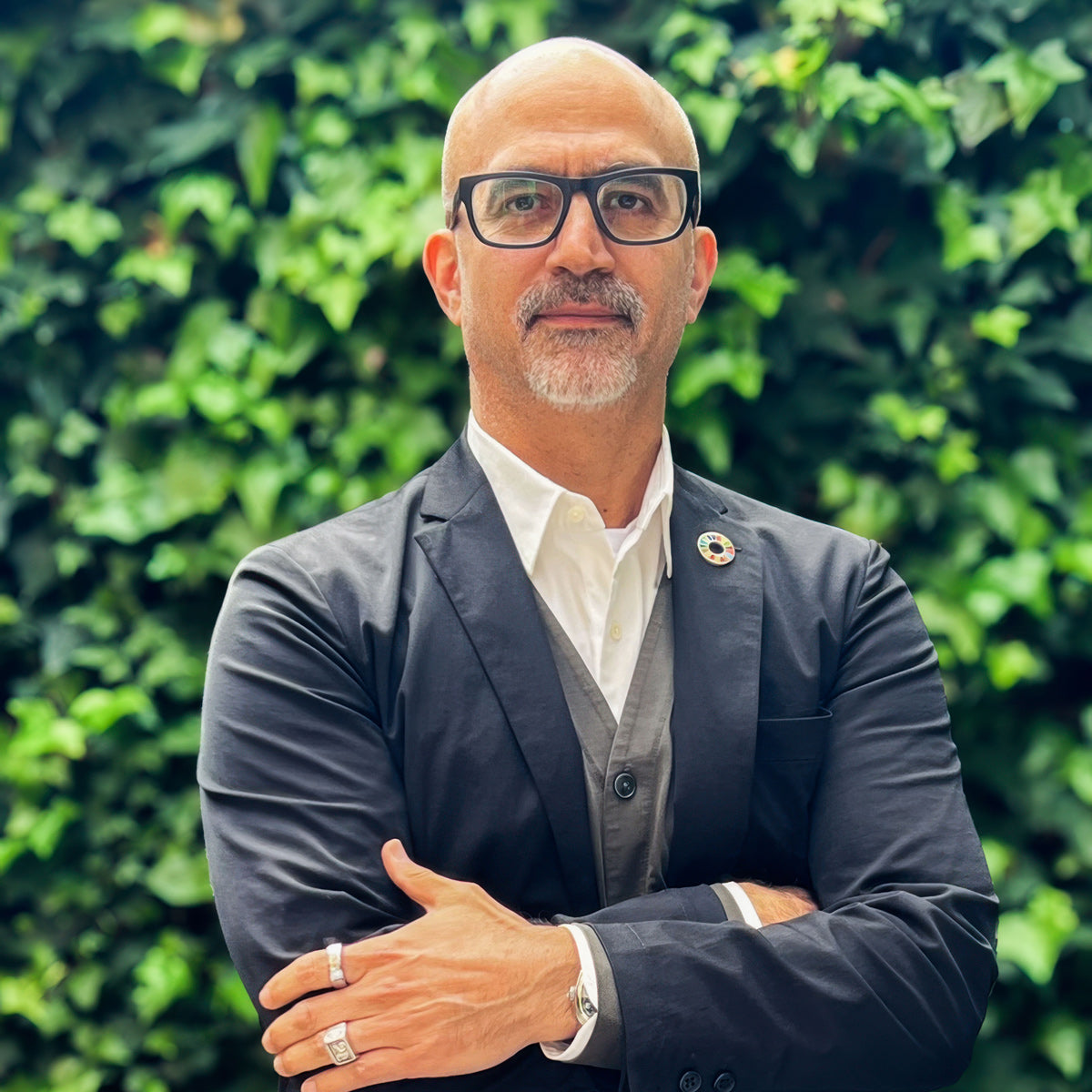
Professor John E. Fernández
MIT, USA
LinkedIn

Professor Jack Gilbert
UC San Diego, USA
LinkedIn

Professor Paul Jensen
UC San Diego, USA
LinkedIn

Professor Jennifer Martiny
UC Irvine, USA
LinkedIn
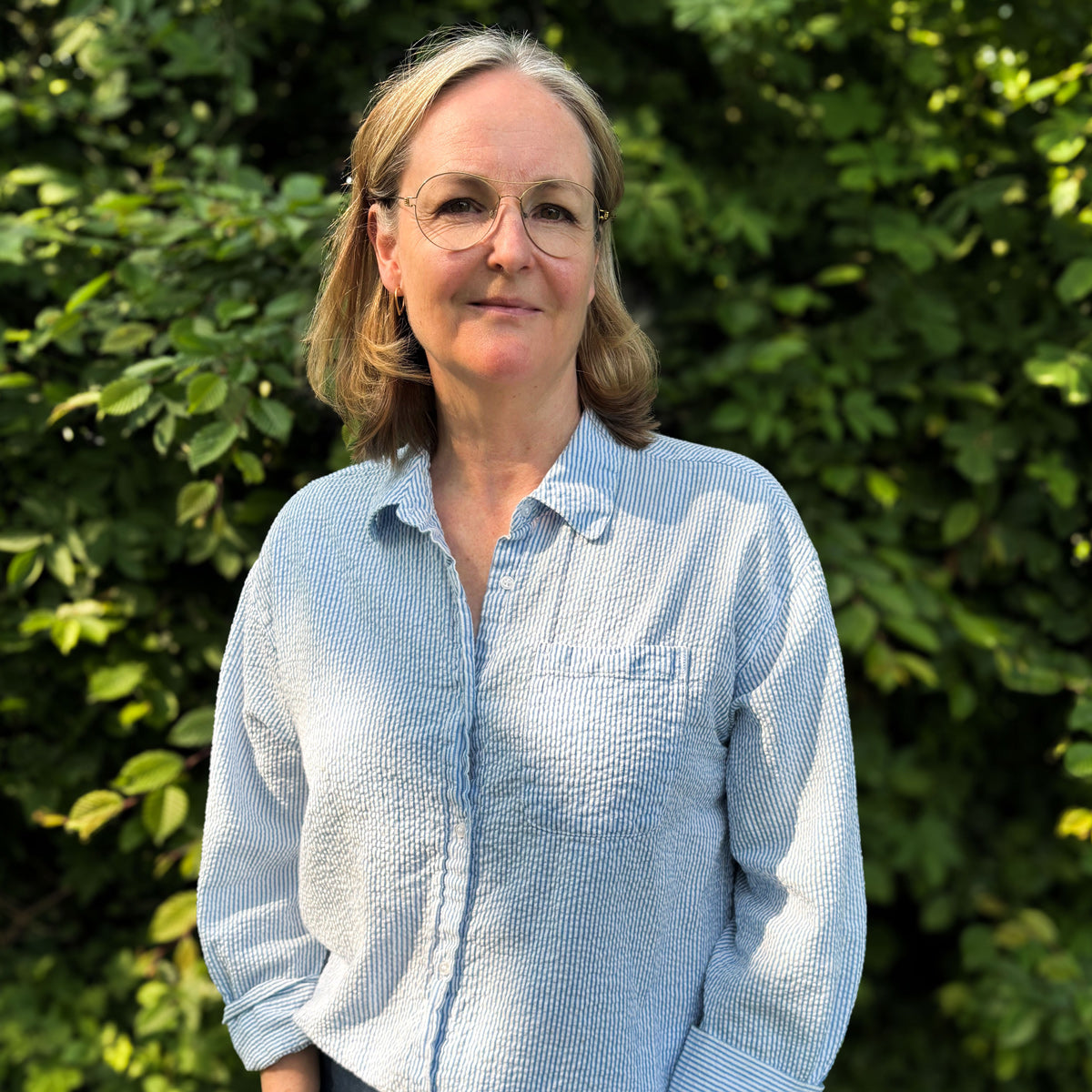
Professor Mette Haubjerg Nicolaisen
University of Copenhagen, Denmark
LinkedIn

Professor Joana Falcão Salles
Groningen Institute, Netherlands
LinkedIn

Professor Shibu Yooseph
Claremont McKenna College, USA
LinkedIn



